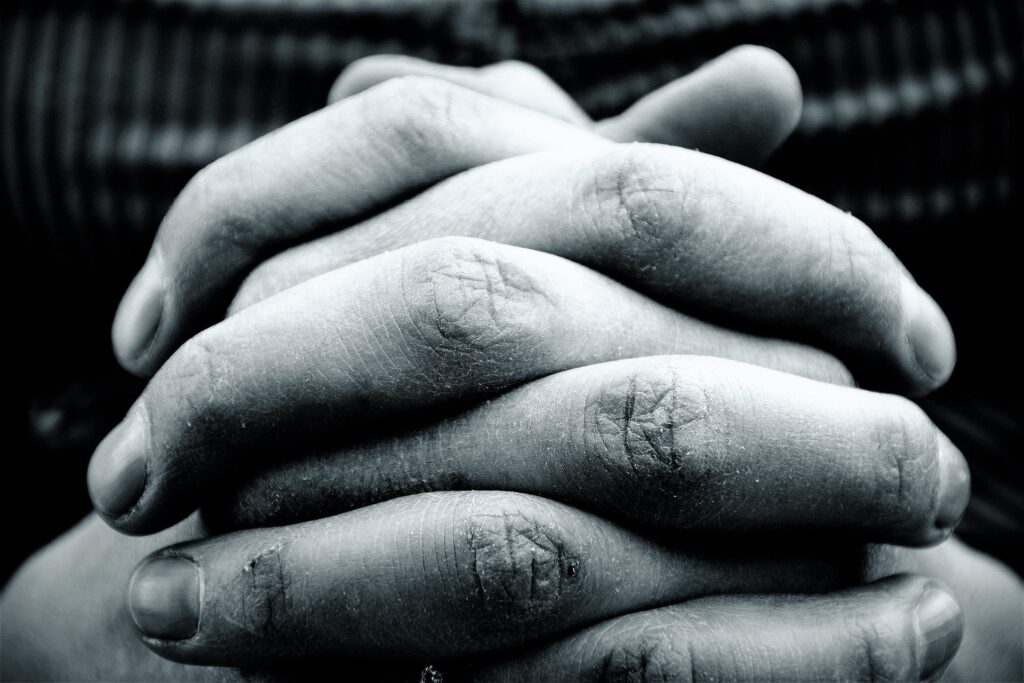Praying for Sinners
God intends prayer to be an integral part of the Christian’s life. In his Sermon on the Mount, Jesus said, “When you pray, you must not be like the hypocrites” (Matt 6:5). The Lord didn’t say, “If you pray,” but he said, “When you pray”—in his words there is the clear expectation that his disciples will be praying disciples. We’re all familiar with Paul’s admonition to the Thessalonian church: “Pray without ceasing” (1 Thess 5:17). The apostle didn’t encourage Christians to pray when the mood struck them but to be diligent and fervent in prayer, to make prayer central to their lives.
When God revealed to Abraham that Sodom and Gomorrah would soon be destroyed, the Father of the Faithful prayed for those cities. Abraham said to his God, “Will you indeed sweep away the righteous with the wicked? Suppose there are fifty righteous within the city. Will you then sweep away the place and not spare it for the fifty righteous who are in it?” (Gen 18:23-24). God promised not to destroy the cities if fifty righteous persons could be found in them (Gen 18:26). Abraham, perhaps because he knew there were nowhere near fifty righteous souls in Sodom and Gomorrah, asked God to spare the cities if forty-five godly people could be found, and Yahweh agreed (Gen 18:27-29). Abraham continued to bargain with God in prayer and got the Lord to agree not to destroy the wicked cities if 40, 30, 20, or 10 holy people could be found (Gen 18:29-32).
Abraham prayed for the righteous in the city—namely, his nephew Lot and his family. But in praying for the righteous of the city, the Father of the Faithful also prayed for the wicked who lived there. He prayed that the wicked might not be destroyed if righteous neighbors could be found. Ultimately, of course, not even 10 righteous souls could be found in Sodom and Gomorrah, and the Lord God destroyed the cities with fire and brimstone.
Abraham’s prayer for the wicked (as well as the righteous) provides an example for the modern disciple—Jesus’s follower needs to be in prayer for those who are lost. Jesus prayed such a prayer from the cross: “Father, forgive them, for they know not what they do” (Lk 23:34). Jesus’s plea was realized on the Pentecost following his resurrection when roughly 3,000 souls who had been responsible for his death obeyed the good news (cf. Acts 2:23, 36, 41). Paul prayed unceasingly for his lost kinsmen, the Jews: “Brothers, my heart’s desire and prayer to God for them is that they may be saved” (Rom 10:1).
Spend time this week praying for the lost you know. Take their names before the Father. Ask him to forgive them (yes, they’ll need to obey the Lord, but Jesus’s prayer lead people to obeying him). Make it your “heart’s desire and prayer to God” that they may be saved. We know God answers prayer. Perhaps your prayer can help lead a lost soul to Jesus and the new life he offers.
This article was originally written by Dr. Justin Imel, Sr., for the weekly newsletter at Church of Christ Deer Park in Deer Park, Texas.






